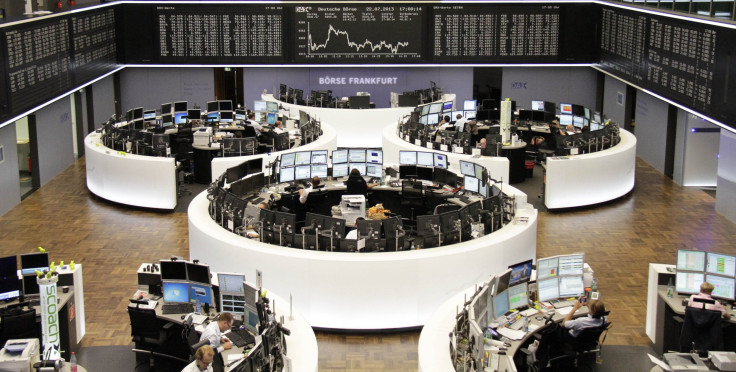UK Regulator Imposes First Fine On High Speed Trader

The British Financial Conduct Authority (FCA) fined U.S. trader Michael Coscia just over $900,000 for manipulation in U.K. energy markets on Monday, in its first-ever fine on high-speed trading.
Between September and October 2011, Coscia used an algorithmic program, which he designed, to practice "layering," which the regulator called an “abusive” trading strategy, according to the authority.
In that period, Coscia placed thousands of false orders for certain energy futures contracts on the ICE Futures Europe exchange (ICE), in the U.K. As a result, he made profits of almost $280,000 over six weeks, primarily at the expense of other high-speed traders.
“Mr Coscia was cheating the market and other participants,” said Tracey McDermott, the authority’s enforcement director, in a statement. She said high- speed trading and the adoption of algorithms are important and common market techniques, but that in this case they’d been abused.
Because Coscia agreed to settle, he received a 30 percent discount on the fine, escaping a potential penalty of $1.15 million.
The U.K. authority described Coscia’s fraud as "layering" or creating false impressions about supply and demand by posting large false orders and later cancelling them.
In its related enforcement, U.S. regulator the Commodity Futures Trading Commission (CFTC) forced Coscia and his New Jersey firm Panther Energy Trading LLC to pay $1.4 million in civil penalties, pay back $1.4 million in wrongful profits, and cease trading on many CTFC-registered entities for a year.
The commission called Coscia’s fraud a form of "spoofing" and said the fine represented the first case under a Dodd-Frank ban on such practices.
“While forms of algorithmic trading are of course lawful, using a computer program that is written to spoof the market is illegal and will not be tolerated,” said the commission’s enforcement director David Meister, in a statement.
The U.S. investigation found broader and longer violations of trading laws, with Coscia manipulating the market from August to October 2011, and manipulating metal, energy, interest rate and agriculture markets.
Coscia wasn’t authorized to trade in the U.K. but traded from his base in the U.S. through a broker. The Chicago-based CME Group Inc. (NASDAQ:CME), which operates many future exchanges, also fined Coscia $800,000.
© Copyright IBTimes 2024. All rights reserved.





















